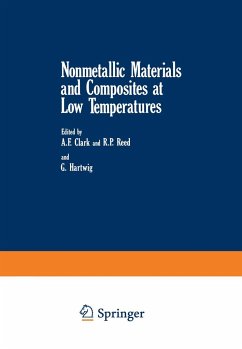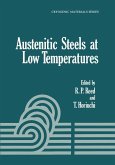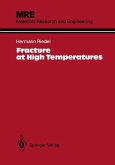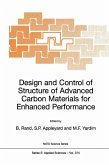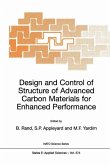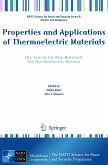Cryogenics is an emerging technology filled with promises. Many cryogenic systems demand the use of nonmetallics and composites for adequate or increased performance. Thermal and electrical insulations, potting for superconducting magnets' mechanical sta bility, and composite structures appear to be some of the most significant applications. Research on nonmetallics at cryogenic temperatures has not progressed to the degree of research on metals. Nor can room temperature research be extrapolated to low tempera tures; most polymers undergo a phase transformation to the glassy state below room temperature. Research by producers, for the most part, has not been prac tical, because, except for LNG applications, the market for large material sales is not imminent. There are, however, many government stimulated developmental programs. Research on nonmetallics thus is dictated by development project needs, which require studies orien ted toward prototype hardware and specific objectives. As a result, research continuity suffers. Under these conditions, periodic topical conferences on this subject are needed. Industry and uni versity studies must be encouraged. Designers and project research material specialists need to exchange experiences and data. Low temperature-oriented research groups, such as the National Bureau of Standards and the Institute for Technical Physics - Karlsruhe, must contribute by assisting with fundamentals, interpreting proj ect data, and contributing to project programs through their materials research.
Hinweis: Dieser Artikel kann nur an eine deutsche Lieferadresse ausgeliefert werden.
Hinweis: Dieser Artikel kann nur an eine deutsche Lieferadresse ausgeliefert werden.

